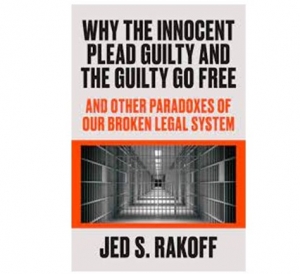3 REASONS HONEST WITNESSES TELL FALSE STORIES
In his 2021 book Why The Innocent Plead Guilty And The Guilty Go Free/ And Other Paradoxes Of Our Broken Legal System, federal district judge Jed S. Rakoff explains why eyewitness testimony in criminal cases is unreliable. Those same reasons apply to percipient witnesses in civil cases.
1)The witness’s own level of stress at the time of the incident affects and can impair their recollection.
2)The inherent human tendency over time is to add embellishments to enhance the completeness of the recollection or simply to accord with preexisting biases.
3) There is a wide range among people’s ability to retrieve memories of events that lasted only a short time.
In the celebrated 1950 film Rashomon, multiple percipient witnesses tell wildly different versions of the same event. Today, the well-known unreliability of eyewitnesses is sometimes called the Rashomon Effect.
What to Do?
A witness may really believe the story that witness is telling—and that story could hurt your case a lot. It’s hard to predict how the trier of fact will view conflicting evidence. Witness unreliability is one reason why going to trial is such a gamble. Recognizing this paradigm should prompt you to choose mediation to settle sooner rather than later.





